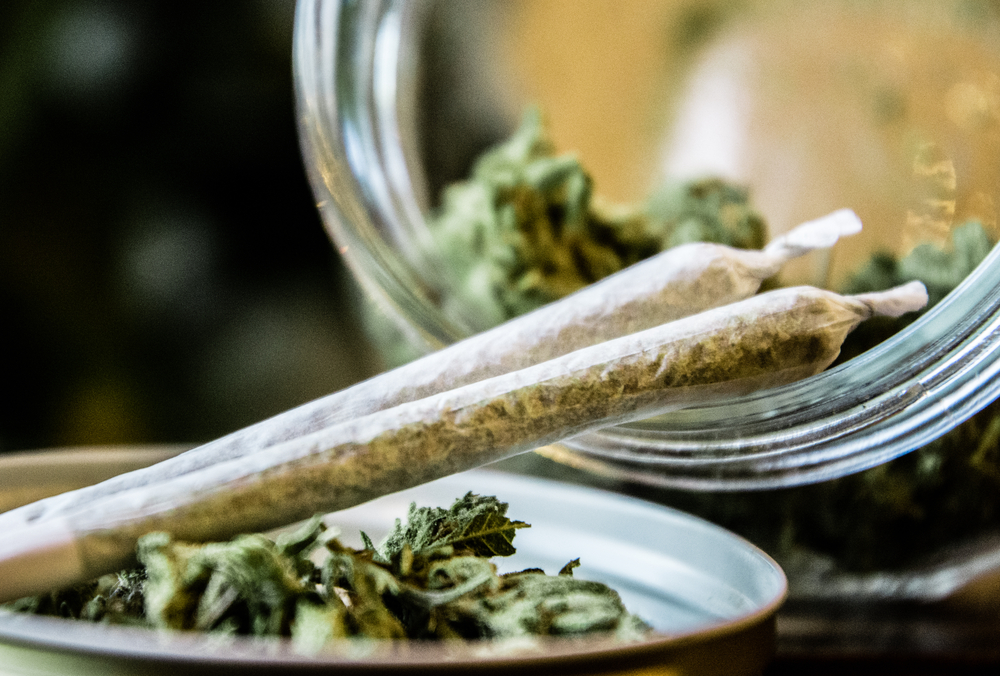BLOOMINGTON — A third Illinoisan — the second from Central Illinois — has died from severe bleeding after using synthetic cannabinoids, often called spice, K2 or fake weed, health officials said Monday.
The third individual was from Central Illinois, Illinois Department of Public Health (IDPH) spokeswoman Melaney Arnold said. “Because of the unique symptoms and smaller populations of some counties, we’re trying to maintain confidentiality by not releasing the name of the county,” Arnold told The Pantagraph.
McLean County Coroner Kathy Davis and Tazewell County Coroner Brian Foley said there have been no confirmed synthetic cannabinoid deaths in those two counties.
Two of the deaths have been men in their 20s; the third was a man in his 40s, IDPH said.
Statewide, since the synthetic cannabinoid outbreak began March 7, 107 people in Central Illinois and the Chicago area have experienced severe bleeding, IDPH reported Monday. Included is one person each from McLean and Woodford counties, 32 from Tazewell County, 29 from Peoria County and two from Mason County.
There have been no confirmed cases in Macon County.
Lisa Slater of the McLean County Health Department, Andrea Ingwersen of Woodford County and Sara Sparkman of Tazewell County confirmed their counties’ numbers of cases.
Advocate Eureka Hospital in Eureka has had two patients with bleeding after using synthetic cannabinoids since Friday and both were treated and released, spokesman Eric Alvin said. Advocate BroMenn Medical Center in Normal has had no confirmed cases, he said.
OSF HealthCare medical centers — including Saint Francis in Peoria and St. Joseph in Bloomington — have treated 32 patients, OSF spokeswoman Shelli Dankoff said.
Why Central Illinois, especially the Peoria area, has seen so many cases is under investigation.
“Like everyone, I wish I could answer that question and figure out why it’s happening so badly in our area so we could put a stop to it,” Foley said.
“Each day, we’ve seen the number of cases rise,” IDPH Director Dr. Nirav Shah said in a prepared statement. “Synthetic cannabinoids are unsafe. They are not regulated and people don’t know what chemicals may be in them, like rat poison.
“While efforts are underway to get the contaminated drugs out of circulation, it’s possible they could re-emerge. We urge people not to use synthetic cannabinoids — now or ever,” Shah said.
Synthetic cannabinoids are human-made, mind-altering chemicals sprayed on dried plant material. They may be smoked or sold as liquids to be vaporized and are found in convenience stories, gas stations, drug paraphernalia shops, novelty stores and online.
If you experience any symptoms, call 911 or have someone drive you to a hospital emergency department immediately, Foley and Sparkman said.
credit:pantagraph.com









